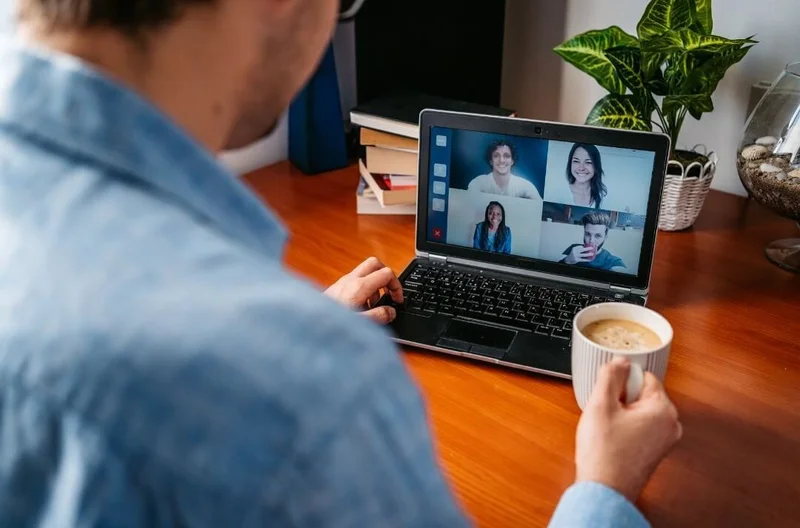Nuremberg's Back Online: So What?
Okay, so Harvard finally got around to digitizing the Nuremberg trial records. Twenty-five years, a team of thirty people... give me a break. They make it sound like they're curing cancer or something. It's scanning documents. I've seen teenagers do it faster with a phone app.
But fine, let's say it's a big deal. Paul Deschner, who led this "project," says the goal was to "preserve these documents" and "make them accessible." Preserve them? From touching? Seriously? I get that old paper is delicate, but this reeks of academic over-importance. "In the dawn of the internet era"? The dawn? We're practically at freakin' dusk of the internet era, pal. We're so far past the dawn it's not even funny.
And what's the point, really? They trot out the usual line: "atrocities against humanity," "the Holocaust," "revolutionized international human rights law." We know the Nazis were evil. We've known it for, oh, eighty years now. Are we really going to learn something new from scanning mimeographed court transcripts?
Deschner claims the documents "give a clear picture of how comparatively innocuous things might have looked in the early 30s compared to just a few years later.” Oh, so it's a lesson about creeping fascism? Like we haven't heard that lecture a million times already?
"Making Justice Visible"? Spare Me.
Amanda Watson, from Harvard's library, says they're "making justice visible." Right. Because justice is some kind of dusty artifact you can unlock with a digital key. As if access to documents is all it takes to prevent genocide. Let's be real, if knowing about the Holocaust prevented future atrocities, the world would be a very different place.
I mean, look around. Are things getting better? Are people learning from history? Or are we just repeating the same damn mistakes, over and over, with slightly different costumes and slightly more advanced technology?

And what about the "ordinary users" searching for relatives? That's nice, I guess. A little closure for some families. But let's not pretend this is about anything other than Harvard patting itself on the back for a job that should've been done a decade ago.
Here's the kicker: Deschner actually says that "as we’re seeing the undermining of whatever might have previously passed as authentic, it’s absolutely essential that we are offering the user buttressing evidence that proves the authenticity of what they’re looking at.” So, basically, he's admitting that people can't tell what's real anymore. Thanks, internet! Thanks for making it necessary to spend 25 years scanning documents to prove that the Holocaust actually happened.
Offcourse, the Holocaust deniers will still deny it. They'll find some "flaw" in the documents, some "conspiracy" in the translation, some reason to believe their own twisted version of reality. Because that's what they do.
Simultaneous Translators: The Real Story?
Deschner makes one interesting point, though: the linguistic side of the trial, with its simultaneous translators and stenographers, is "an entirely under-researched field." Okay, that's kinda cool. The idea that these pivotal trials hinged on the accuracy and interpretation of a bunch of stressed-out translators... that's a movie I'd watch. The digitization of the records was a painstaking process, taking 25 years to complete, as reported by Nuremberg trial records made available online after painstaking 25-year project.
But still, it doesn't change the fundamental problem. We're drowning in information, but starving for wisdom. We can access every document from the Nuremberg trials, but we can't seem to stop ourselves from repeating the same mistakes. So what's the point?
Another Band-Aid on a Sinking Ship
Look, I'm not saying this project is worthless. It's good that the documents are preserved. It's good that people can access them. But let's not pretend this is some kind of earth-shattering event. It's a digital archive. It's a bunch of scanned papers. It's not going to save the world. And honestly... it probably won't even make a dent.
